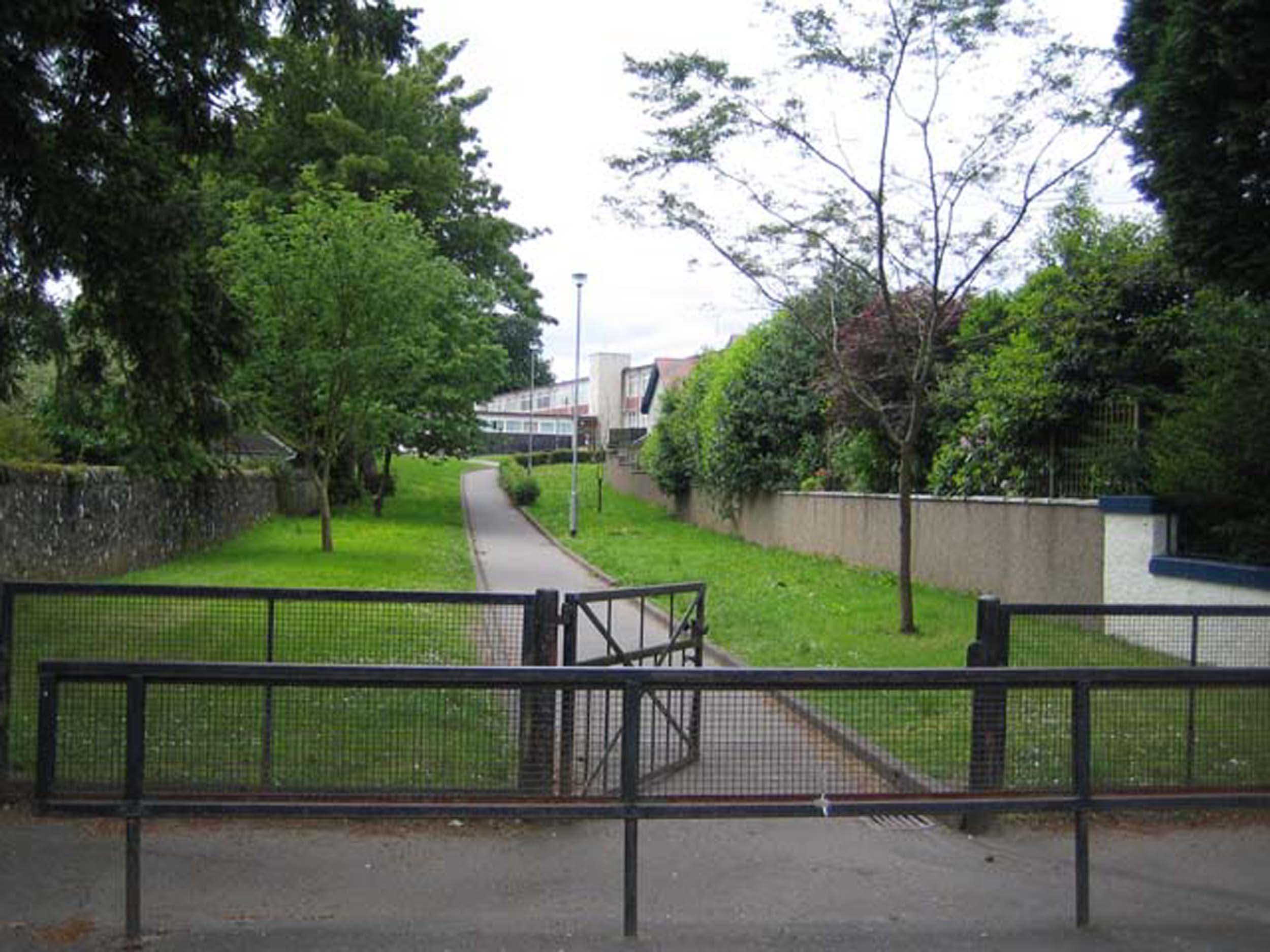THE Dunblane massacre may have been key to Andy Murray’s sporting success , according to a leading sports psychologist.
Exercise psychology expert Dr Mustafa Sarkar says adversity-related experiences are “vital” for athletic performance.
Murray was an eight-year-old pupil at Dunblane Primary when Thomas Hamilton murdered 16 children and a teacher.
Murray took cover in a classroom during the attack alongside his brother Jamie.
Dr Sarker mentions this traumatic experience in his article, called: “Adversity may be the key to Andy Murray’s success.”
Dr Sarkar states: “A growing body of scientific evidence suggests that adversity-related experiences are vital in the development of superior sporting performance.
“Interestingly, Murray attended Dunblane Primary School, and was present during the 1996 Dunblane school massacre.
“Murray has been reluctant to talk about it in interviews but in a 2013 BBC documentary Murray said he hoped that his tennis success has helped his home town to recover from that ordeal.”

Explaining his theory about Murray, Dr Sarkar writes: “In one of our research studies last year, we conducted…interviews with 10 Olympic gold medallists from a variety of sports.
“The findings indicated that the participants encountered a range of sport- and non-sport-related adversities that they considered to be essential for winning their gold medals.
“Some of the gold medallists were exposed to political unrest and terrorism during their athletic careers, and they felt that these negative circumstances were important in igniting their motivation to perform at the highest level.”
Dr Sarfar then quotes one of the Olympic champions included in his study, who said: “Very often I’d be travelling into [name of town] and bombs would be going off as I was actually progressing into the town centre.”
Like Murray, the anonymous gold medallist said he wanted to help his town recover, adding: “I wanted to please, and particularly because we were going through such dreadful times I wanted to bring some good news back.”
Dr Sarfar also suggests that the adversity of sporting setbacks may spur Murray on. He refers specifically to how he won London Olympic gold just weeks after losing the Wimbledon final.
Wimbledon champion Murray has talked little about the events in Dunblane in interviews, and has said that he was too young to properly process the incident.
But in his biography Hitting Back, the 29-year-old said that he and his family knew Hamilton well.
He wrote: “The weirdest thing was that we knew the guy. He had been in my mum’s car. It’s obviously weird to think you had a murderer in your car, sitting next to your mum.
“That is probably another reason why I don’t want to look back at it. It is just so uncomfortable to think that it was someone we knew from the Boys Club.
“We used to go to the club and have fun. Then to find out he’s a murderer was something my brain couldn’t cope with.”

